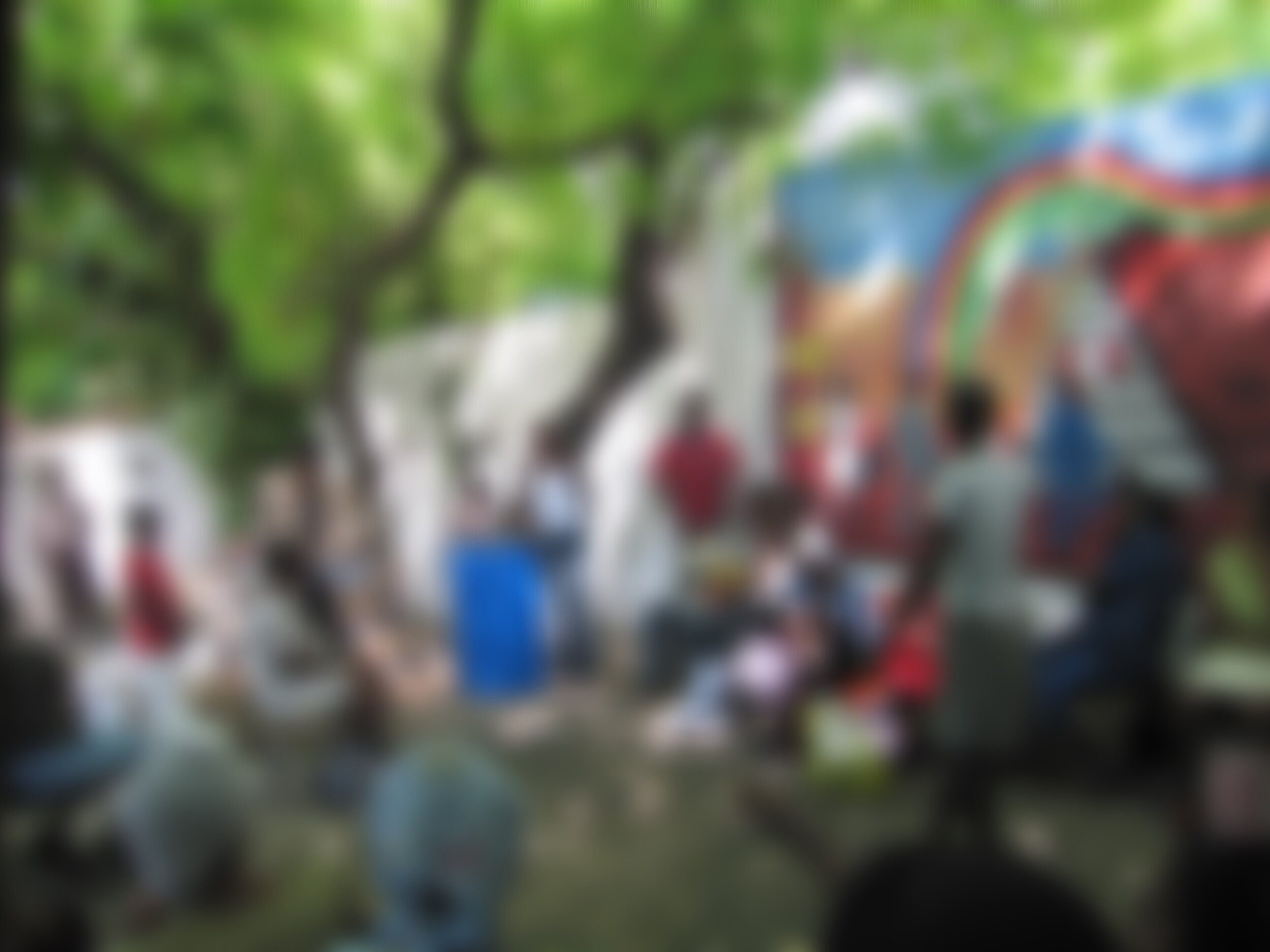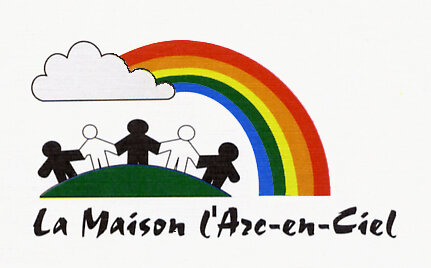
The Survival phase…

First foster home (1996-2010)
• Welcoming the 1st children
• Advocacy for de-stigmatization of HIV
• Access to health care and education
• Specialized training of the attending physician
• Technical collaboration (MAEC-Gheskio-Unicef) of the first treatment protocols (ARV) for Haitian children

Proximity house (2002-2012)
• Recognized as “ Best Practices” by UNAIDS / UNICEF
• Capacity building - mothers / young people / children
(primary health, sexual and parental responsibility, rights of the child and others.
• Formation / constitution - 4 community support groups
• Education, medical / psychological consultations, food distributions, home visits, dancing and drawing provided to families
• 340 family leaders and 600 children / young beneficiaries of the program
• Participation - international forum (AIDS 2006) to present the model of the MAEC support group

Community mobilization (2004-2014)
• Diagnosis and community mobilization
• Constitution of support groups
• 264 leaders trained in community mobilization
• 213 volunteer trainers of trainers trained/active
• 980 young people from refugee camps, sensitized/trained in psychosocial games, including 170 trained as trainers of trainers
• More than 4 000 children made aware of primary health care
• More than 4 000 young people sensitized in sexual responsibility
• More than 4 000 young people sensitized to stigma
• More than 6 500 children sensitized on HIV/AIDS
(games & puppet theater)

New foster home (december 2010-today)
• Fundraising and acquisition of 8 hectares of land in a semi-rural area
• Partial construction of the children's unit and the administrative unit
• Fundraising in progress to continue the construction of the upper floor of the children's bedrooms and to have a dining room
• Construction of a fence to protect property from spoilers and secure the perimeter
• Advisory service to support former beneficiaries aged 18 and over in their community reintegration.
Towards autonomy…

New reality (2012-today)
• Operation & development of agricultural activities for food self-sufficiency
• Creation of income-generating activities
• Training place for children
• Supervised apprenticeships for former beneficiaries now reintegrated into the Haitian community
• Pilot and training projects for the community on organic farming
• Adaptation and participation of staff to new strategies

Poultry farming

Vermicompost

Agriculture

Rabbit breeding

Beekeeping

Energy issues





